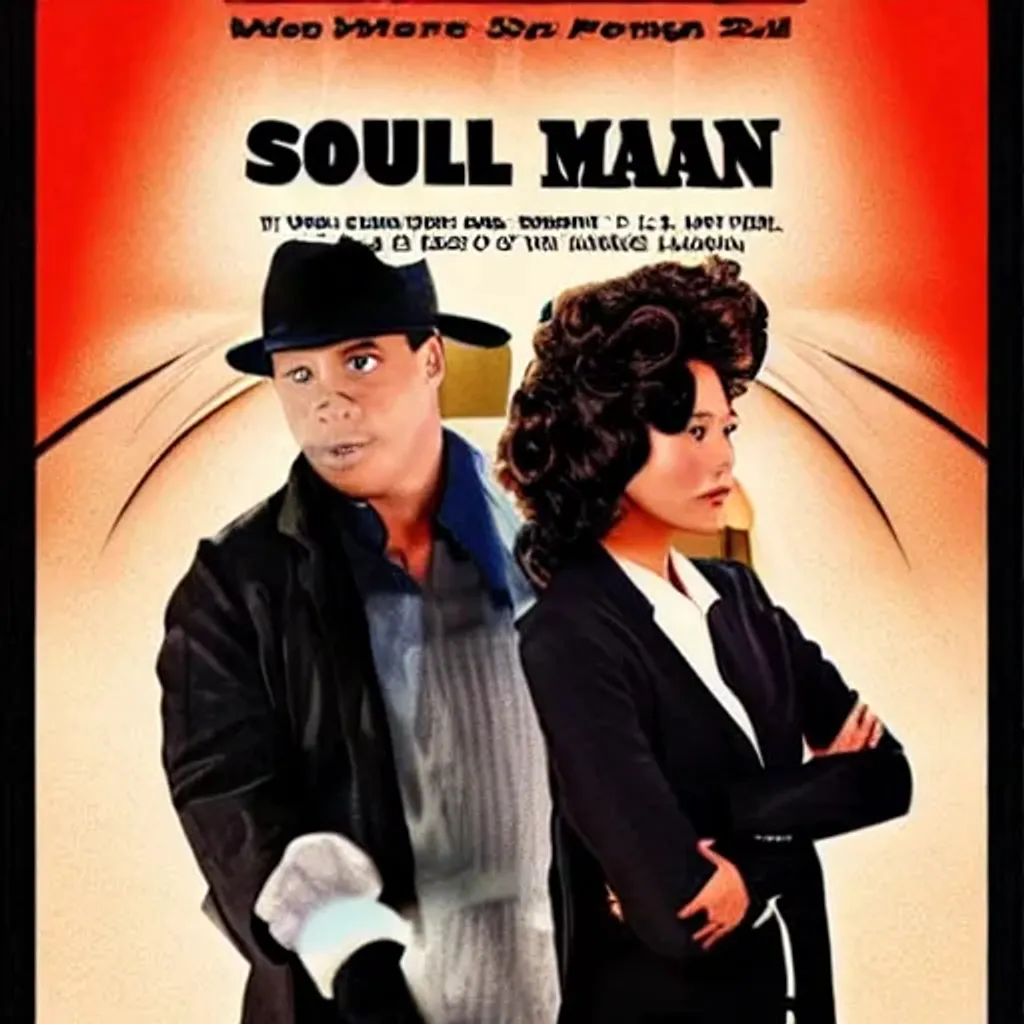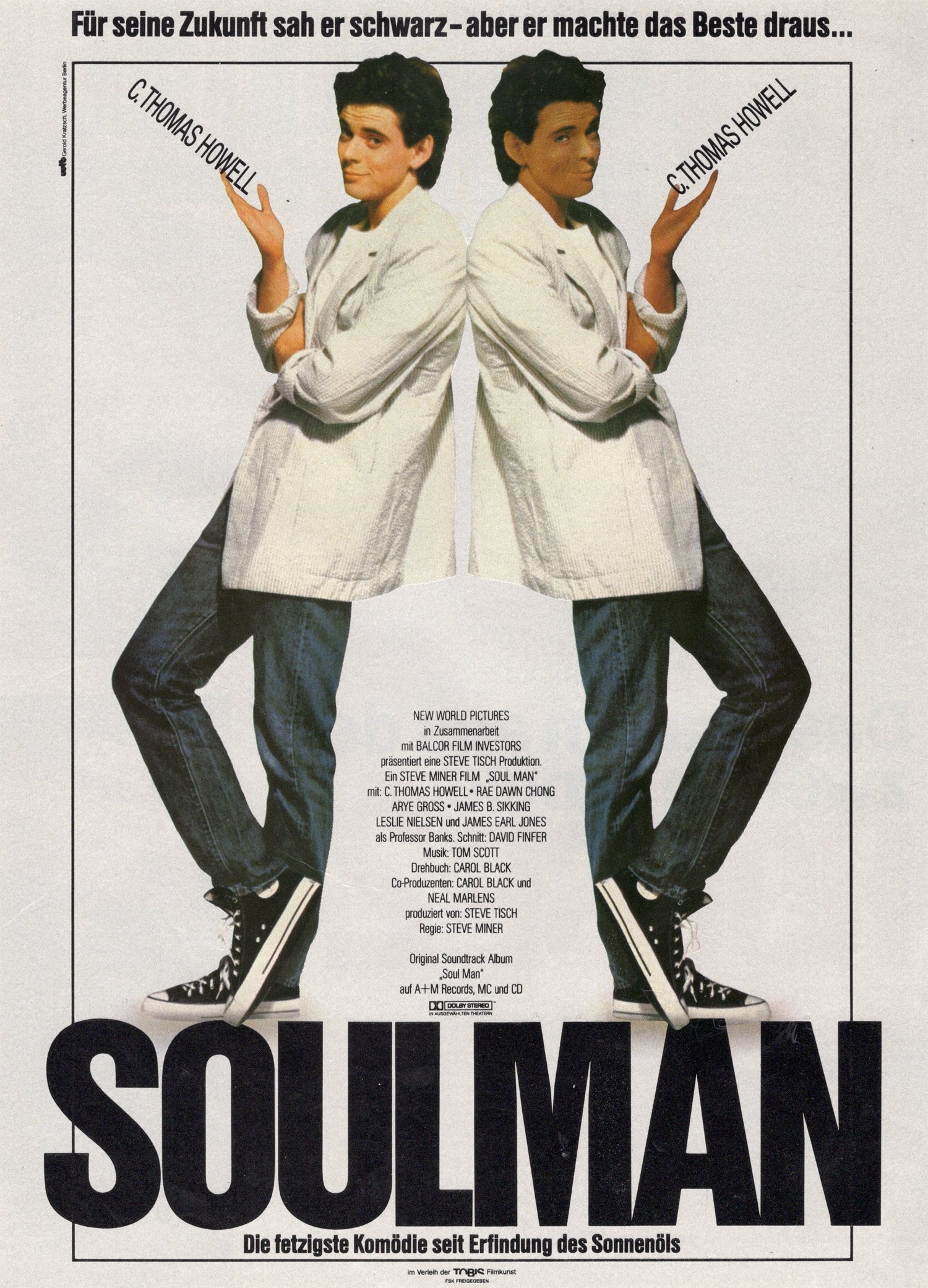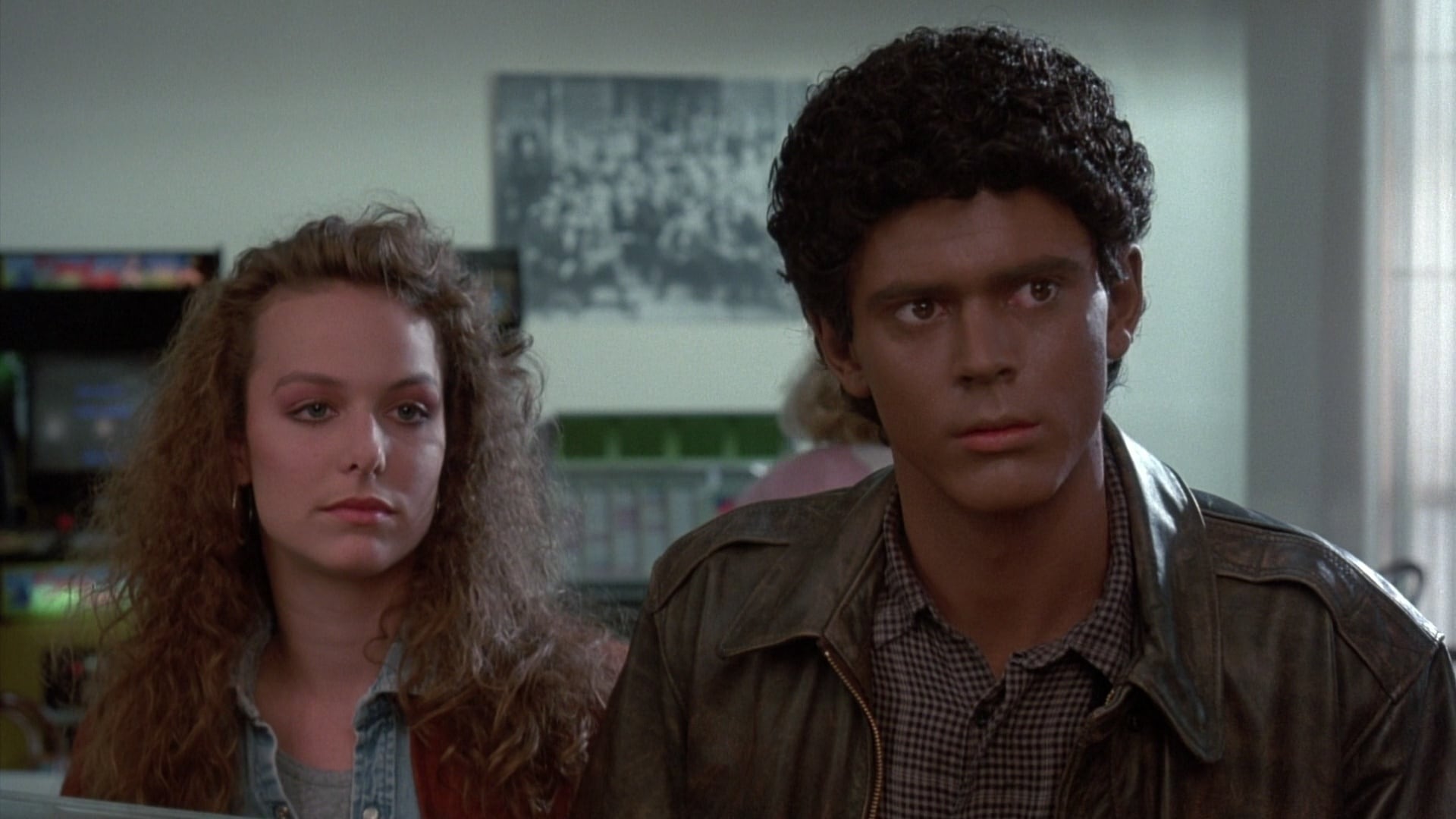Soul Man Movie: Unveiling The Controversial 1986 Comedy
Unpacking the Premise of Soul Man (1986)
The central premise of the *Soul Man* movie revolves around Mark Watson (C. Thomas Howell), a pampered white UCLA graduate whose dreams of attending Harvard Law School are suddenly jeopardized. His wealthy dad, in a fit of tough love, refuses to fund his Harvard aspirations, leaving Mark in a bind. Desperate to achieve his dream, Mark stumbles upon a unique opportunity: a full scholarship designated for a minority student. In a misguided attempt to secure this scholarship, he decides to pose as a young Black man. To achieve this transformation, Mark utilizes bronzing pills, changes his hairstyle, and manages to pass himself off as a Black student. This audacious deception forms the backbone of the comedy, but it quickly shifts gears as Mark gets more than he bargained for. He soon begins to learn what life is really like for Black people in America, experiencing firsthand the prejudice and systemic challenges he had previously been oblivious to. The film attempts to use this personal transformation as a vehicle for Mark's growth and understanding, though its execution has been widely debated.The Cast That Defined an Era: Stars of Soul Man
The success and enduring discussion around the *Soul Man* movie owe much to its ensemble cast, featuring a mix of established talents and rising stars of the 1980s. Each actor brought a unique dynamic to the screen, contributing to the film's comedic and dramatic moments, even amidst its controversies.C. Thomas Howell: From Teen Idol to Mark Watson
C. Thomas Howell, an '80s teen idol who had previously starred in iconic films like *The Outsiders*, *E.T. the Extra-Terrestrial*, and *Red Dawn*, took on the challenging role of Mark Watson in *Soul Man*. His portrayal required navigating a complex character arc, from privileged naiveté to a dawning awareness of racial injustice. Howell's established popularity at the time undoubtedly contributed to the film's box office appeal, drawing in a young audience curious to see their idol in such a provocative role. His performance, while central to the film, became inextricably linked to the controversy surrounding the movie's premise. **C. Thomas Howell: Personal Data and Biodata** | Category | Details Soul Man is an American comedy film from 1986, directed by Steve Miner and starring C. Thomas Howell, Rae Dawn Chong, Arye Gross, James Earl Jones, and Leslie Nielsen. The film was released on October 24th, 19 from the film's source.Rae Dawn Chong and Arye Gross: Adding Depth and Humor
Beyond Howell, the *Soul Man* movie benefited significantly from the talents of Rae Dawn Chong and Arye Gross. Rae Dawn Chong, who plays Sarah Walker, Mark Watson's Black classmate and eventual love interest, breathes some occasional life into *Soul Man*. Her character is instrumental in challenging Mark's perceptions and forcing him to confront the realities of his deception and the world he's stepped into. Her performance provides a crucial counterpoint to Mark's journey, representing the authentic Black experience that the film attempts to portray. Arye Gross, as Mark's quirky roommate Gordon Bloom, displays a rich variety of comic attitudes, often providing much-needed levity and a sense of grounding. His character's reactions to Mark's unusual situation and his own neurotic tendencies add a layer of relatable humor that helps balance the film's more serious undertones. Both actors played vital roles in shaping the film's overall tone and impact.The Iconic Presence of James Earl Jones and Leslie Nielsen
The *Soul Man* movie also featured appearances by two legendary actors, James Earl Jones and Leslie Nielsen, whose presence added gravitas and comedic flair, respectively. James Earl Jones, renowned for his powerful voice and commanding screen presence, takes on a role that adds a layer of seriousness and moral weight to the narrative. His character, Professor Banks, represents a figure of authority and wisdom, embodying the very experiences and struggles that Mark Watson is attempting to understand. His interactions with Mark often serve as crucial teaching moments, highlighting the film's attempts to address racial issues. Leslie Nielsen, on the other hand, brings his signature deadpan comedic style to the film. Known for his roles in comedies like *Airplane!* and *The Naked Gun* series, Nielsen's brief appearance adds a touch of his unique brand of humor, further solidifying the film's identity as a comedy, despite its heavy themes. The combination of these diverse talents contributed to the film's overall appeal and its ability to draw a wide audience.Soul Man's Controversial Legacy: Race, Representation, and Backlash
From the moment its premise was announced, the *Soul Man* movie was steeped in controversy, primarily for its central conceit of a white man using makeup to appear Black. This practice, often referred to as "blackface," carries a deeply offensive history rooted in minstrel shows that caricatured and demeaned Black people. While the film's intention was arguably to highlight racial prejudice by having its protagonist experience it firsthand, the method chosen immediately drew fire. The National Association for the Advancement of Colored People (NAACP) was among the most prominent critics, voicing strong objections to the film's premise and its potential to trivialize the Black experience. The use of "bronzing pills" and makeup to alter C. Thomas Howell's appearance was a significant point of contention. Critics argued that regardless of the film's purported message, the visual representation itself was problematic and insensitive. The debate centered on whether a comedic approach, especially one involving a form of blackface, could effectively or ethically address such a sensitive and painful topic as racial discrimination. Many felt that the film's lighthearted tone undermined the severity of the issues it claimed to explore, turning real-life suffering into a comedic plot device. Despite the filmmakers' claims that the movie aimed to foster empathy and understanding, the backlash highlighted a fundamental disconnect between intention and impact. For many, the very act of a white- Katrina Sloane
- Evgeniya Lvovna
- Mr Hands
- Is David Muir Married
- Delicious And Personalized The Art Of Custom Udon Creations

Soul Man Movie Poster Online Outlet | www.pinnaxis.com

Soul Man (1986) - Posters — The Movie Database (TMDb)

Soul Man (1986) - AZ Movies